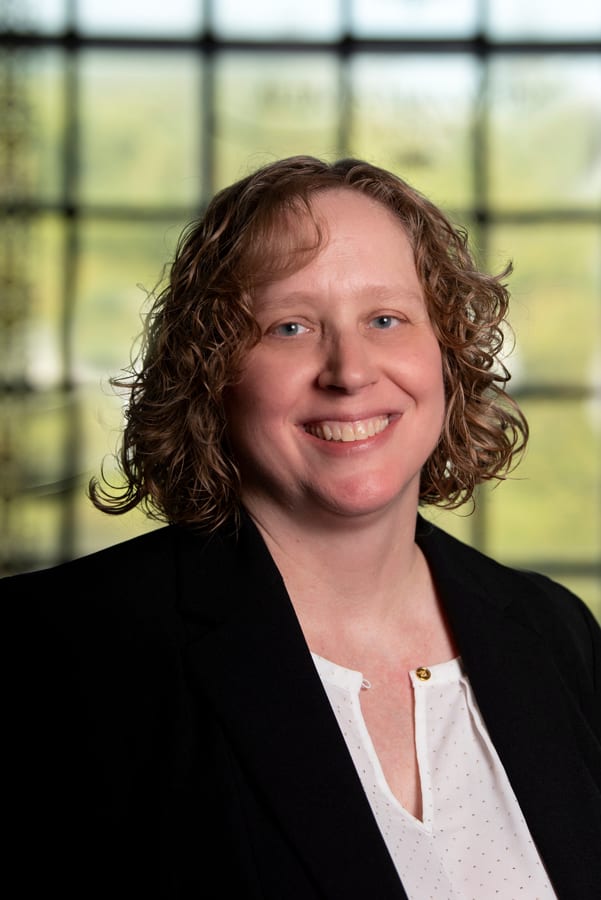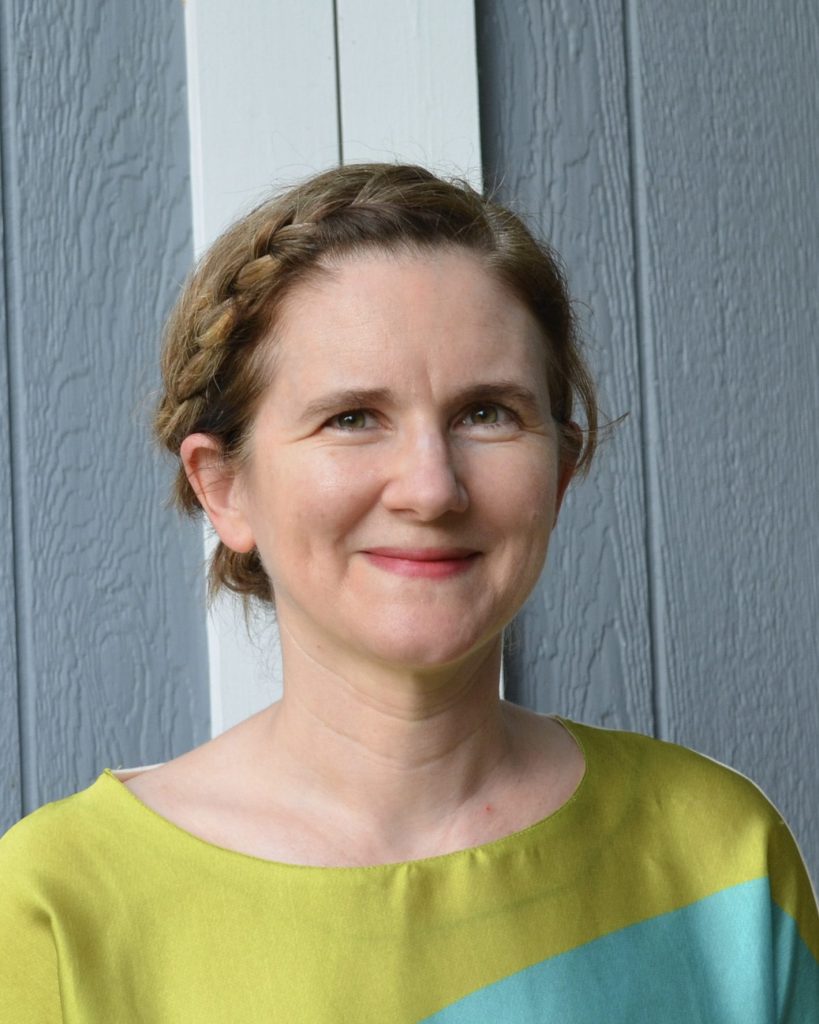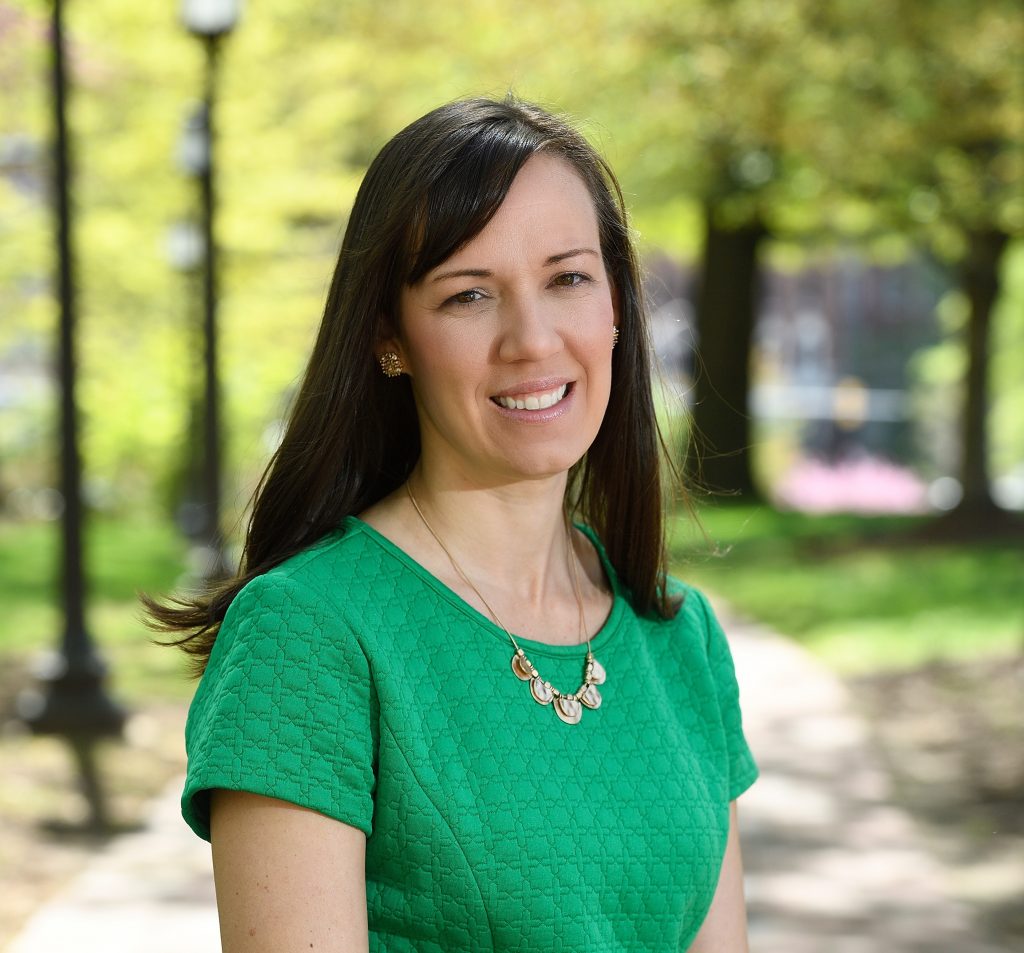During the 2018-2019 academic year, Johns Hopkins University became one of the first institutions to participate in the Excellence in Academic Advising (EAA) project sponsored by NACADA: The Global Community for Academic Advising and the Gardner Institute. The EAA initiative is an opportunity for participating institutions to do a “deep dive” into their school’s academic advising practices for the purposes of reflection and enhancement. The initiative is structured into two phases: Phase 1 was data collection and recommendations; Phase 2 is the implementation of the recommendations. While the assessment in Phase 1 focused specifically on the Homewood schools, Phase 2 will incorporate the Peabody Conservatory to better meet the needs of all undergraduate advising programs and students at JHU.
In Phase 1 working groups formed around Nine Conditions of Excellence in Academic Advising and engaged in a comprehensive, evidence-based analysis of current JHU advising practice and offered specific recommendations for improvement going forward. A final report summarizing the findings of Phase 1 was released in November 2020. It identifies four key areas for revision: Mission Statement and Learning Outcomes, Advising Structure, Roles, Performance, and Equity, Advising Technology, and Advisor Training and Professional Development.
Four implementation groups have been proposed to develop action plans for each area during Phase 2 of the project.
Mission and Learning Outcomes
The mission of academic advising at Johns Hopkins University is to provide quality advising that calls on the expertise of faculty, staff, and administration, who work with students to identify and explore the unique curricular, co-curricular, and extracurricular opportunities that define the Johns Hopkins University undergraduate experience. Advisors use evidence-based and pedagogically sound approaches to empower students and support their holistic well-being as they navigate their academic choices, explore meaningful experiential learning opportunities, and engage in a richly diverse campus community that cultivates inclusivity and promotes intellectual curiosity. Through collaborative efforts across the various campuses and schools, advisors work to ensure that all students have the opportunity to define and pursue their personal, academic, and professional goals. Our learning outcomes are that:
- Students understand their academic program and, with this knowledge, develop an academic and co-curricular plan that fulfills their University and degree requirements.
- Students know how to access and understand the importance of the resources that promote academic success and community engagement.
- Students will gain an appreciation for how their undergraduate experience helps them to achieve their personal and professional goals, while fostering intellectual curiosity.
- Students understand the importance of self-care and engage in practices that support their physical, mental, and emotional well-being.
- Students will recognize the value of collaborative work, of incorporating diverse perspectives in their personal and professional development, and of interacting with others in ways that are empathetic and respectful of differences.
Key EAA Documents
- EAA final Report
- EAA Implementation Groups – Membership
- EAA Advising Technology Recommendation Report
- EAA Newsletter – November 2021
- EAA Newsletter – April 2021
- The Hub: Johns Hopkins schools commit to improving academic advising for undergraduates
Please contact [email protected] with any questions and feedback.
EAA Steering Committee





